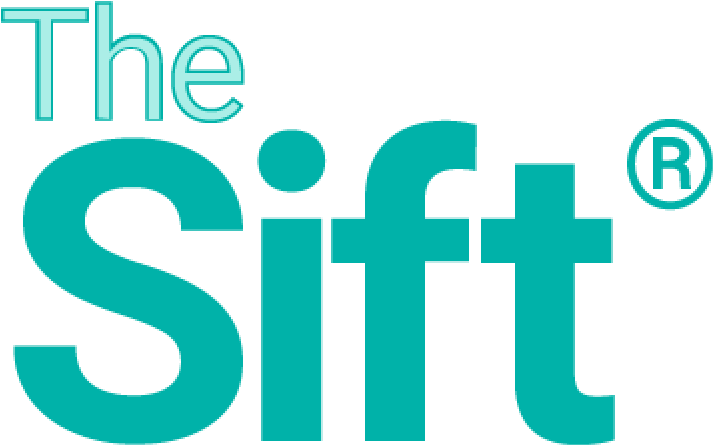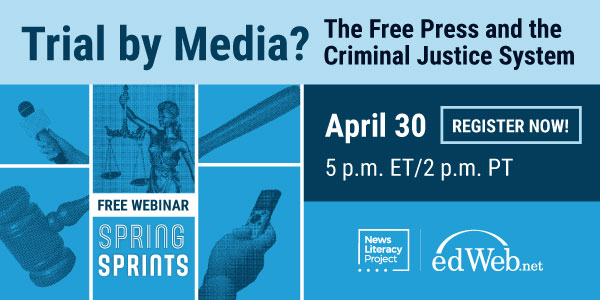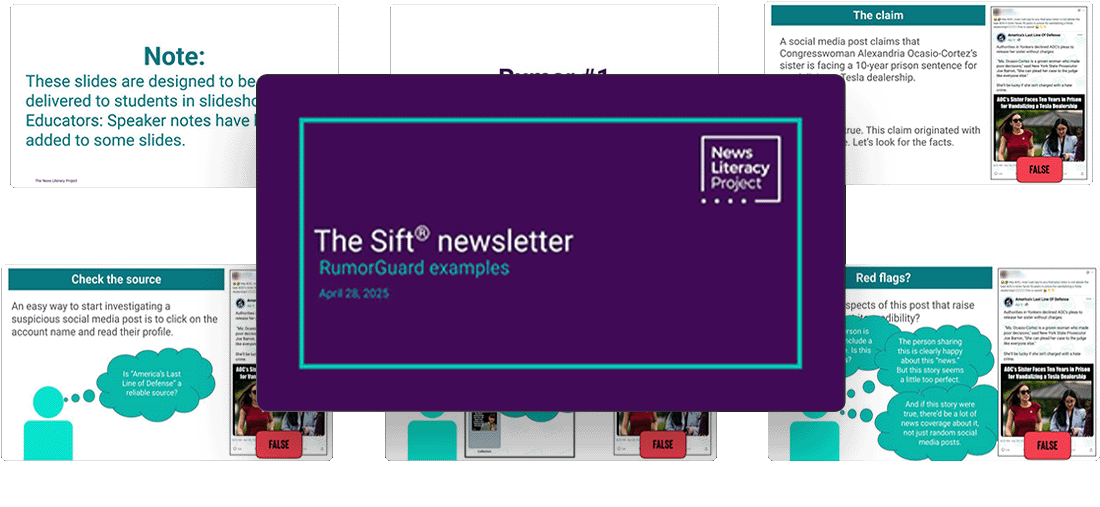The Sift: Measles rumors | Canada’s news void
|
Coming up: World Press Freedom Day is May 3. We’re marking the day by bringing you a special issue of The Sift next week focusing on press freedoms – in the U.S. and around the world. Keep an eye out for it in your inbox! Also, don’t forget to share your feedback on our newsletter in our annual reader survey. |
In this issue
Measles rumors | Canada’s news void | RumorGuard slides | Daily Do Now slides
Daily Do Now slidesDon't miss this classroom-ready resource.  |
Top picks
Here are the latest news literacy topics and tips on how to integrate them into your classroom.
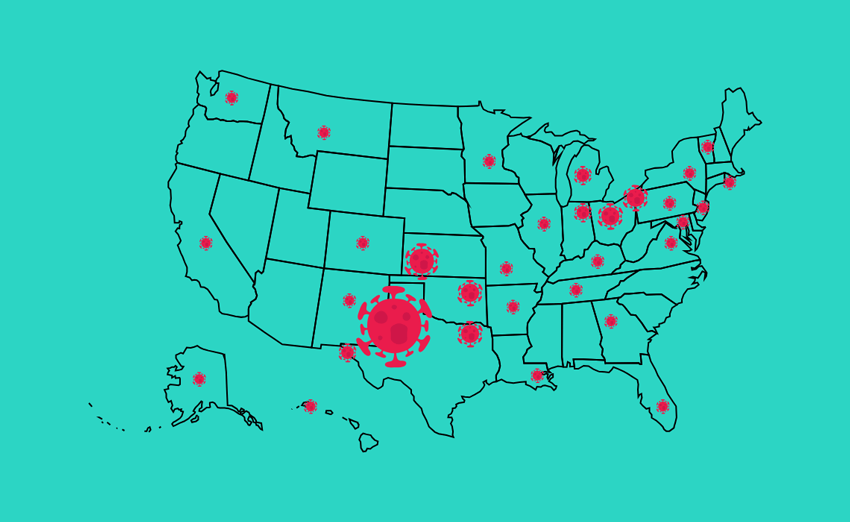

| Red marks on this map indicate the states that have measles cases as of April 25, according to the Centers for Disease Control and Prevention. The disease was eradicated in the U.S. but has returned. |
1. U.S. measles cases and misinfo spread rapidly
Does vitamin A prevent measles infections? No, there’s broad consensus among medical experts that it doesn’t. However, a new KFF poll found that one in four American adults believe this to be true. The study also found that belief in at least one falsehood about the measles, mumps, rubella (MMR) vaccine significantly increases the likelihood that a parent has delayed or skipped vaccines for their child.
While misinformation discouraging vaccination against measles or promoting bogus cures for it have rampantly spread online, measles cases have spread across the country. There are now nearly 900 reported cases of measles in the U.S. across dozens of states, with the largest cluster of outbreaks among children and teens in Texas. Liz Hamel, director of public opinion and survey research at KFF, said one takeaway from the poll is that people don’t always know how to evaluate health information online.
Measles could become commonplace in the U.S. New research found that the country faces millions of measles cases if vaccination rates drop 10% over the next 25 years. Some news outlets are tracking measles cases as they’re reported throughout the U.S., including CBS News and The New York Times.
| Discuss: |
What do you think causes confusion or distrust in scientific consensus? What news literacy skills does someone need to evaluate health information online? Why are some people vulnerable to health misinformation? What steps could you take to combat vaccine misinformation in your community?
★ NLP Resources:
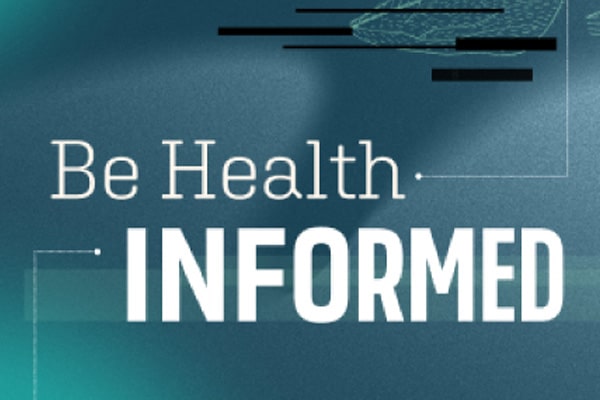

“Be Health Informed” (Checkology® virtual classroom)
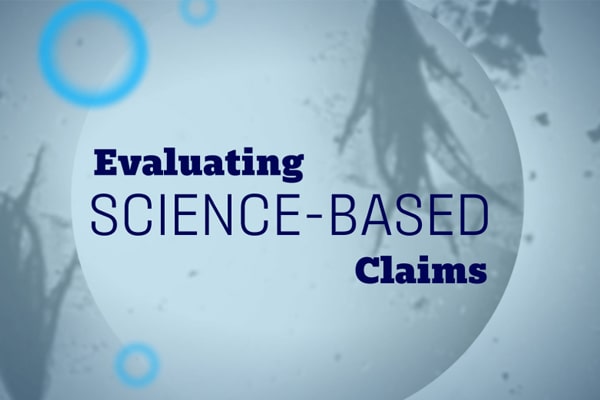

“Evaluating Science-Based Claims” (Checkology virtual classroom)
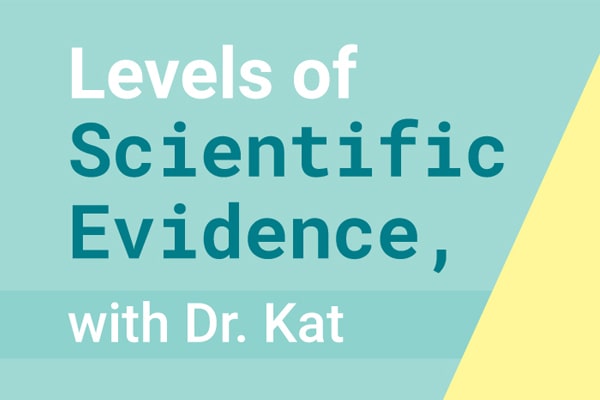

Infographic: “Levels of scientific evidence”
| Related: |
2. Canadians don’t have news on Facebook, Instagram
There’s a national election in Canada on April 28, but Canadians scrolling Instagram and Facebook won’t find standards-based news about it. Meta, which owns the social media apps, banned news outlets from its platforms in Canada after a law passed there in 2023 requiring tech companies to pay news publishers. Partisan accounts have capitalized on the news void, which has made it easier to spread false and misleading information about political figures on the platforms. For example, a viral post by partisan account Canada Proud falsely linked Prime Minister Mark Carney to sex traffickers, The New York Times reported.
| Idea: |
Share this two-minute video with your students, which summarizes The New York Times piece about this topic. Then discuss this issue with your students.
| Discuss: |
How do social media companies make money? Do they make money from news shared on their platforms? What impact does an absence of standards-based news — both online and in a community — have on the spread of falsehoods? If quality journalism costs money to produce, but few people want to pay for access to it, how should news organizations be funded?
★ NLP Resources:


“Introduction to Algorithms” (Checkology virtual classroom)
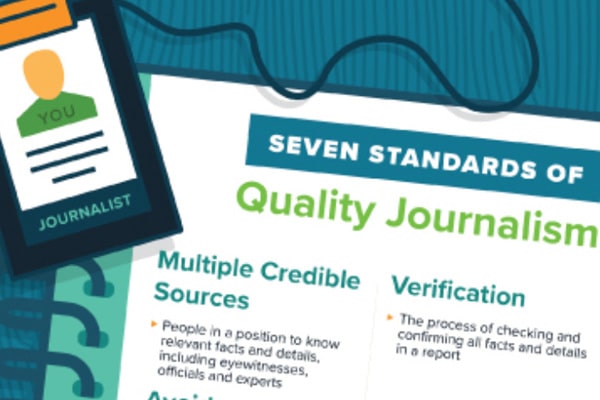

Infographic: “Seven standards of quality journalism”
| Related: |
- “Dramatic rise in fake political content on social media as Canada prepares to vote” (The Guardian).
- “With Canadian News Outlets Barred from Facebook and Instagram, Bad Actors Are Filling the Void with Election Misinformation” (NewsGuard’s Reality Check).
- “Meta news ban intensifying Canadians’ legacy media break” (AFP).
3. A third of Americans believe Russian disinfo
When presented with 10 provably false claims, 78% of Americans believed at least one of them and a third believed at least one of three false claims that were either created or pushed by Russian disinformation campaigns, according to a recent survey.
Last year, the U.S. Justice Department seized 32 internet domains used by the Russian government to try to influence the 2024 U.S. presidential election. Forbes reported that the sites included Russian propaganda to reduce support for Ukraine in its war, said then-Attorney General Merrick Garland.
| Discuss: |
Why might sowing public misperceptions about U.S. support for Ukraine be useful to Russia? How can viral falsehoods like these genuinely feel true to people? How much do we really know about who is behind the accounts we interact with online?
| Idea: |
Use the “Verify” slide from Week 22 in the Daily Do Now resource to further explore this topic.
★ NLP Resources:
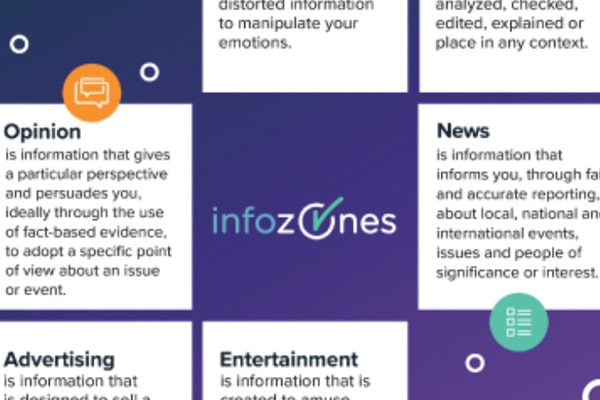

Poster: “Six zones of information”
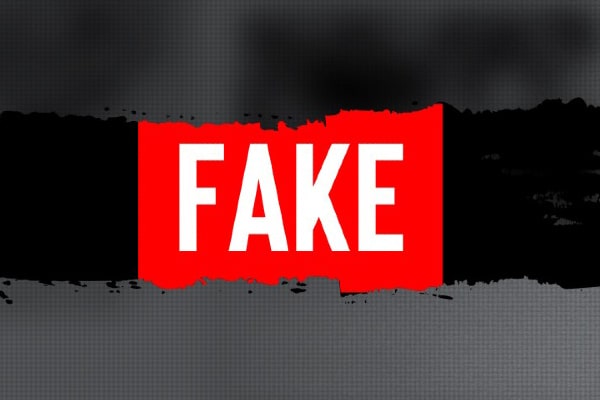

“Misinformation” (Checkology virtual classroom)
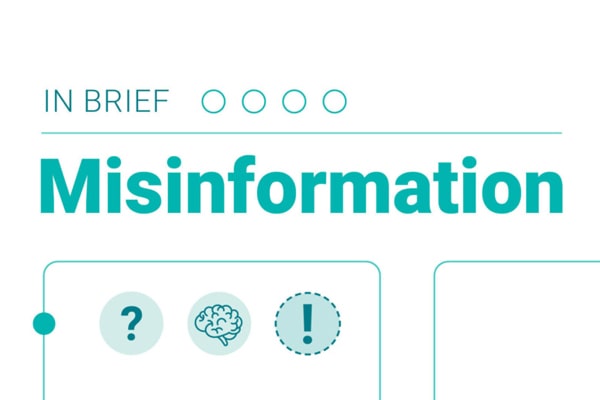

Infographic: “In brief: Misinformation”
| Related: |


★ Featured classroom resource:
|
No, Rep. Ocasio-Cortez’s nonexistent sister didn’t vandalize Tesla dealership


❌ NO: U.S. Rep. Alexandria Ocasio-Cortez’s sister was not charged with vandalizing a Tesla dealership in Yonkers, New York, in April 2025.
✅ YES: This story originated with a satirical Facebook page.
❌ NO: Ocasio-Cortez doesn’t have a sister.
★ NewsLit takeaway
Satirical content frequently comes with a disclaimer labeling it as parody or fiction. But on social media, this context often gets removed and satirical posts are shared online as genuine. Here are a few tips to spot these posts:
Look for links: If a post presents what appears to be a news article but does not link to it, that’s a good reason to be skeptical.
Do a quick web search: If the post includes a newsworthy item — like the arrest of a high-profile politician’s sibling — search to see if any standard-based news outlets also reported it.
D’Oh! The Simpsons didn’t predict pope’s death
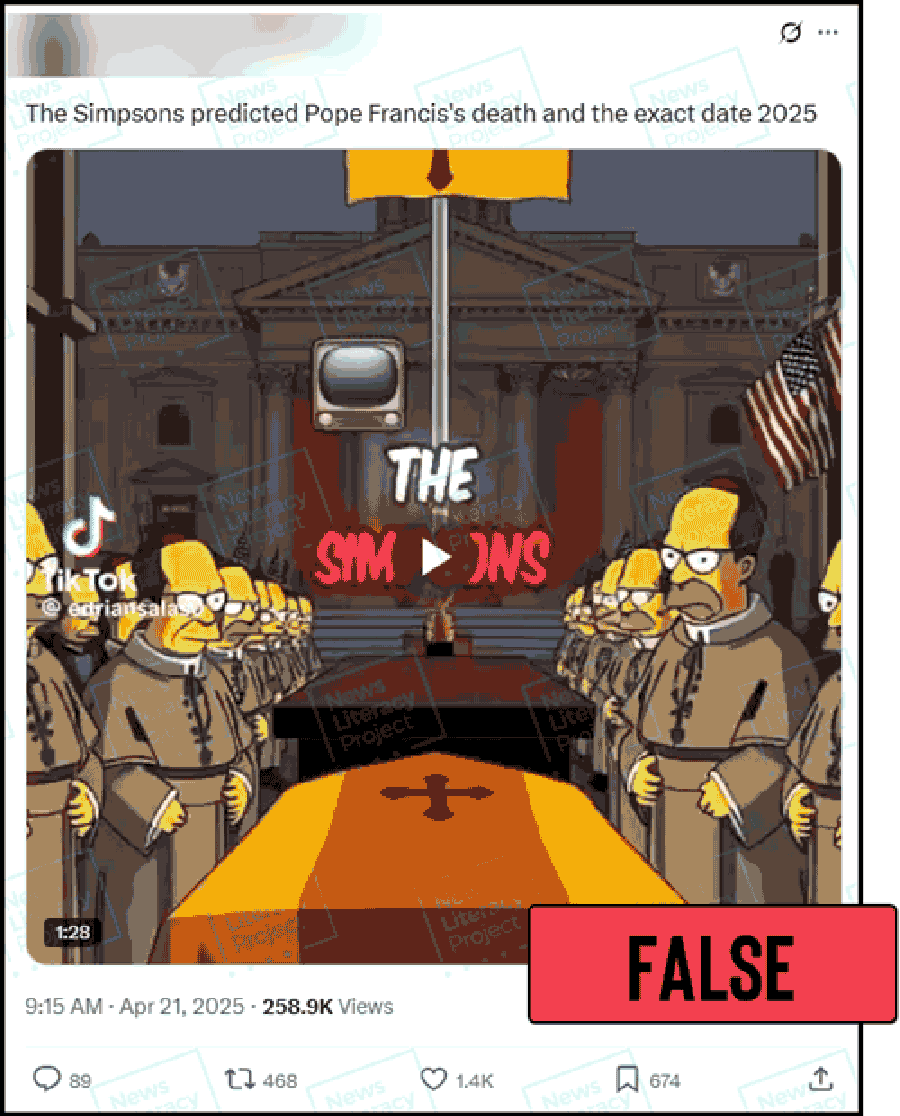

❌ NO: The animated show The Simpsons did not predict the death of Pope Francis on April 21, 2025.
✅ YES: This video was generated with artificial intelligence tools.
✅ YES: Falsehoods involving the prediction capabilities of The Simpsons frequently circulate in the wake of major news events.
★ NewsLit takeaway
When there’s a high-profile death, a natural disaster or another event that grabs the public’s attention, keep an eye out for false claims seeking to capitalize on the headlines. Here are a few tips to spot these viral falsehoods:
Who’s the source? Consider if an account is trustworthy. Check this by clicking on the profile, reading the bio and examining other posts.
Where’s the evidence? Disregard claims not supported by evidence. This video includes no details about when the show supposedly predicted the pope’s death.
Are there multiple sources? Be skeptical of a sensational claim supported only by a single source.


| 60 Minutes is a legendary and well-respected TV news show, but a rare and shocking admission recently came up. News staff say the show’s corporate leaders have asked for oversight on 60 Minutes stories — a significant breach of the show’s editorial independence. On April 27, 60 Minutes correspondent Scott Pelley pushed back on-air against Paramount — which owns CBS and therefore also 60 Minutes — and spoke in defense of his former boss, executive editor Bill Owens, who recently resigned over compromised editorial independence on the show. President Donald Trump is currently suing Paramount for $20 billion for what he characterized as unfair coverage, and Paramount needs approval from the Trump administration to move forward in its merger with another company. | |
| Reputable, standards-based newsrooms “never promise positive coverage, accept incentives like free travel, or allow a source to review and article before its published.” So how do they land “exclusive” interviews with high-profile public figures? This New York Times explainer offers the backstory to one food writer’s exclusive access to Meghan, Duchess of Sussex. | |
| A number of new members of the White House press pool represent openly partisan media outlets. CNN’s Donie O’Sullivan interviewed them about their roles. | |
| More than two-thirds of teens are on some form of social media every day. While it helps them stay connected with friends, one in five say social media harms their mental health. | |
| The Washington Post has agreed to allow ChatGPT owner OpenAI to use its work in summaries and quotations generated by the AI chatbot. The Post joins 20 other news outlets that have partnered with OpenAI. | |
| Do the words “misinformation” and “disinformation” make you shut down? There’s a decline in these terms being used on top cable news networks, and a Pew Research Center study found there’s less enthusiasm for fact-checking in the U.S. than there was two years ago. | |
| Next time misinformation (yes, we still use this word) comes up in conversation, instead of rebutting it try “bypassing” it by offering a positive and factually accurate statement. Research suggests this can help open people up to correct information. | |
| Pope Francis had a nickname for the Associated Press reporter on the Vatican beat: “la prima della classe,” or “the first in class.” The nickname was given after the reporter, Nicole Winfield, pushed back with facts during a 2018 news conference. Pope Francis, who granted more interviews than his two predecessors combined, often spoke out against disinformation — although false rumors did spread after his death. |
Thanks for reading!
Your weekly issue of The Sift is created by Susan Minichiello (@susanmini.bsky.social), Dan Evon (@danieljevon), Peter Adams (@peteradams.bsky.social), Hannah Covington (@hannahcov.bsky.social) and Pamela Brunskill (@PamelaBrunskill). It is edited by Mary Kane (@mk6325.bsky.social) and Lourdes Venard (@lourdesvenard.bsky.social).
You’ll find teachable moments from our previous issues in the archives. Send your suggestions and success stories to [email protected].
Subscribe to this newsletterSign up to receive NLP Connections (news about our work) or update your subscription preferences here. |


Check out NLP's Checkology virtual classroom, where students learn how to navigate today’s information landscape by developing news literacy skills.

